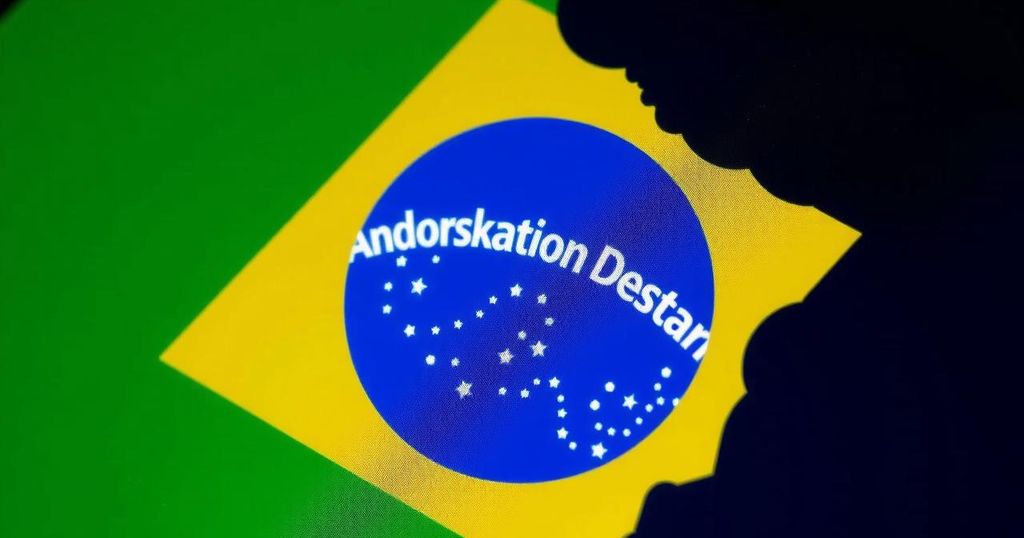Brazil’s antitrust regulator has ordered Apple to allow external payment options for in-app purchases within 20 days, following a complaint from Mercado Libre. Non-compliance could result in daily fines. This marks an ongoing trend of regulatory challenges faced by Apple globally concerning its App Store policies.
Brazil’s antitrust authority, Cade, has mandated that Apple must eliminate its restrictions on in-app purchases within a 20-day timeframe, as reported by Reuters. Should Apple fail to comply with this directive, the company may incur fines totaling $43,000 per day. This ruling stems from a complaint lodged by the e-commerce platform Mercado Libre in 2022, highlighting a growing trend of scrutiny faced by Apple regarding its App Store policies in various jurisdictions.
Apple’s App Store has long been characterized by its stringent payment policies, which necessitate that app developers utilize Apple’s payment processing system, thus limiting alternative payment methods. In response to ongoing complaints from developers and regulatory bodies worldwide, including significant rulings in regions such as Europe, Japan, South Korea, and the U.S., Apple is experiencing an intensifying push to modify its in-app purchase framework. The Brazilian decision is a notable example of how regulatory bodies are challenging the company’s existing practices, threatening substantial penalties if compliance is not achieved.
In conclusion, the ruling by Brazil’s antitrust regulator represents a critical juncture for Apple, compelling the company to reconsider its in-app payment policies under threat of financial penalties. The decision reflects a broader wave of regulatory examination of Apple’s business practices, signifying that the company’s historically restrictive environment may be progressively dismantled in favor of more competitive and developer-friendly terms.
Original Source: techcrunch.com






